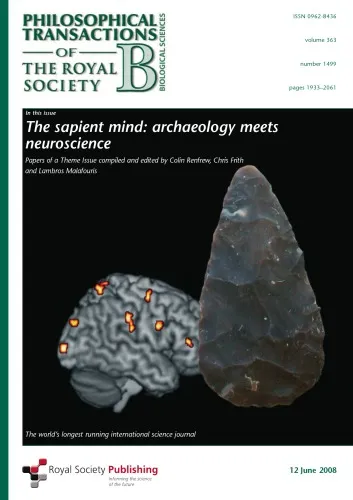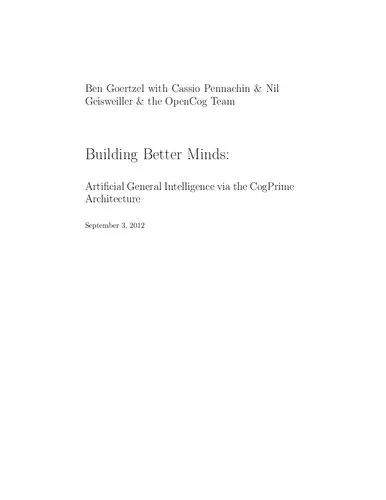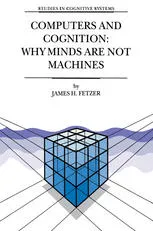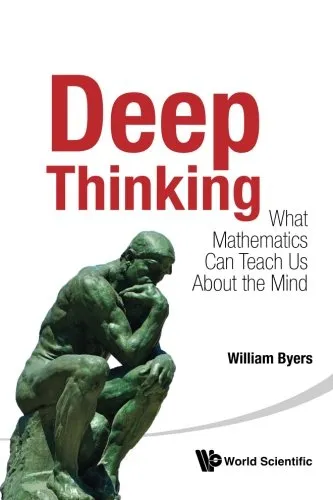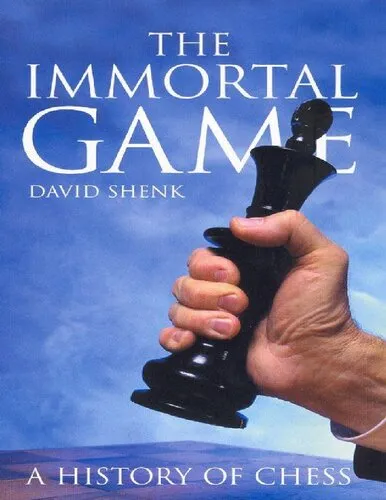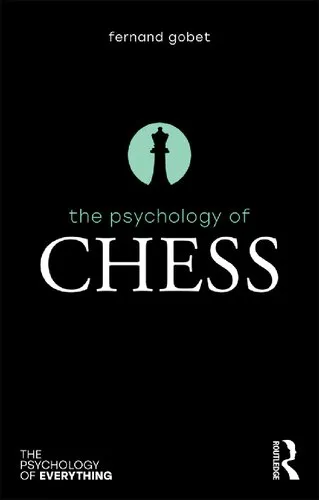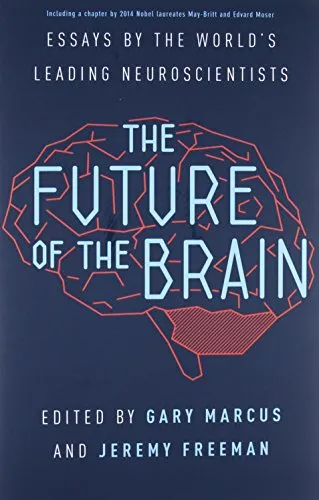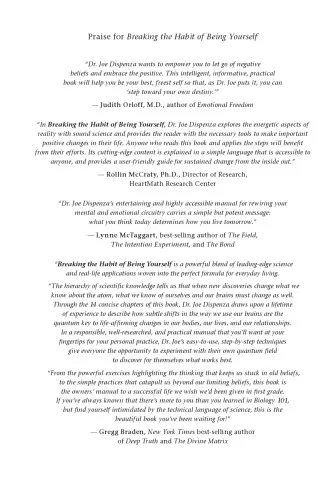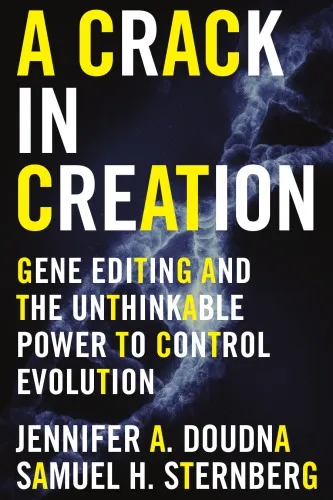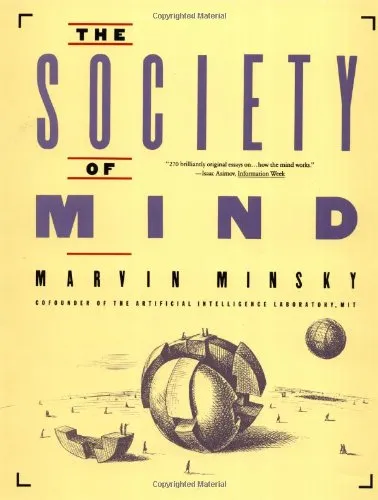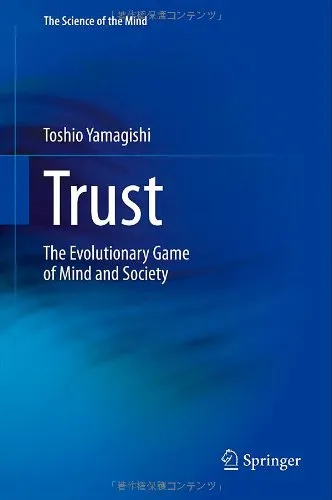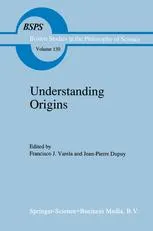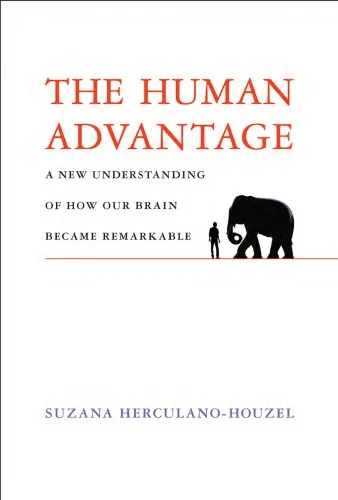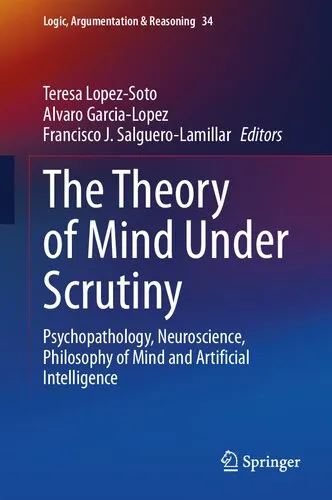The Sapient Mind: Archaeology Meets Neuroscience (Philosophical Transactions of the Royal Society B)
4.3
Reviews from our users

You Can Ask your questions from this book's AI after Login
Each download or ask from book AI costs 2 points. To earn more free points, please visit the Points Guide Page and complete some valuable actions.Related Refrences:
Introduction to The Sapient Mind: Archaeology Meets Neuroscience
Welcome to an intriguing exploration into the depths of human cognition and its historical underpinnings. "The Sapient Mind: Archaeology Meets Neuroscience" provides a groundbreaking dialogue between two seemingly unrelated fields, unraveling the layers of the human mind through the intersection of archaeology and neuroscience. This collaboration sheds light on how our cognitive abilities have evolved over millennia and how this knowledge can inform our understanding of the present and future.
Detailed Summary of the Book
In "The Sapient Mind," Colin Renfrew, Chris Frith, and Lambros Malafouris orchestrate an interdisciplinary symphony that challenges the traditional boundaries between archaeology and neuroscience. Their work delves into how ancient artifacts are more than mere remnants of past cultures; they are keys to unlocking the cognitive processes of early humans. Through neuroscience, the book examines how our brain's structure and function have influenced cultural evolution and vice versa.
The collaboration reveals profound insights, such as how symbols and language acted as catalysts in the development of cognitive capabilities. The book presents case studies and methodologies that demonstrate how examining early human tools and artifacts can give clues to the cognitive processes behind their creation. It poses fundamental questions about consciousness and self-awareness, probing how our ancestors may have perceived their world and themselves.
Key Takeaways
- Interdisciplinary approaches can offer a more comprehensive understanding of human cognition and its evolution.
- The archaeological record serves as a significant source of evidence for understanding the cognitive abilities of early humans.
- Cognition is not just a process within the brain but is extended and embodied, intertwined with culture and the environment.
- Symbolism and language played crucial roles in shaping the human mind and its capabilities.
- Understanding the past aids in forecasting future cognitive shifts and technological impacts on the mind.
Famous Quotes from the Book
"The essence of humanity lies not just in our biological evolution, but in the tools and symbols with which we have crafted our existence."
"To understand the mind, one must understand the world it has shaped and the legacy it carries."
Why This Book Matters
The relevance of "The Sapient Mind" extends beyond academic curiosity; it holds significant implications for contemporary and future challenges. In a world where artificial intelligence is rapidly evolving, understanding the foundations of human thought is paramount. This book provides the cognitive archaeology framework for investigating the co-evolution of mind, culture, and technology.
By linking the past and the present, the authors offer a unique perspective on potential future developments and ethical considerations. This fusion of disciplines not only broadens the horizons of traditional archaeology and neuroscience but also delivers a reflective lens through which we can view the trajectory of human cognitive evolution.
Free Direct Download
You Can Download this book after Login
Accessing books through legal platforms and public libraries not only supports the rights of authors and publishers but also contributes to the sustainability of reading culture. Before downloading, please take a moment to consider these options.
Find this book on other platforms:
WorldCat helps you find books in libraries worldwide.
See ratings, reviews, and discussions on Goodreads.
Find and buy rare or used books on AbeBooks.
1320
بازدید4.3
امتیاز50
نظر98%
رضایتReviews:
4.3
Based on 0 users review
"کیفیت چاپ عالی بود، خیلی راضیام"
Questions & Answers
Ask questions about this book or help others by answering
No questions yet. Be the first to ask!
